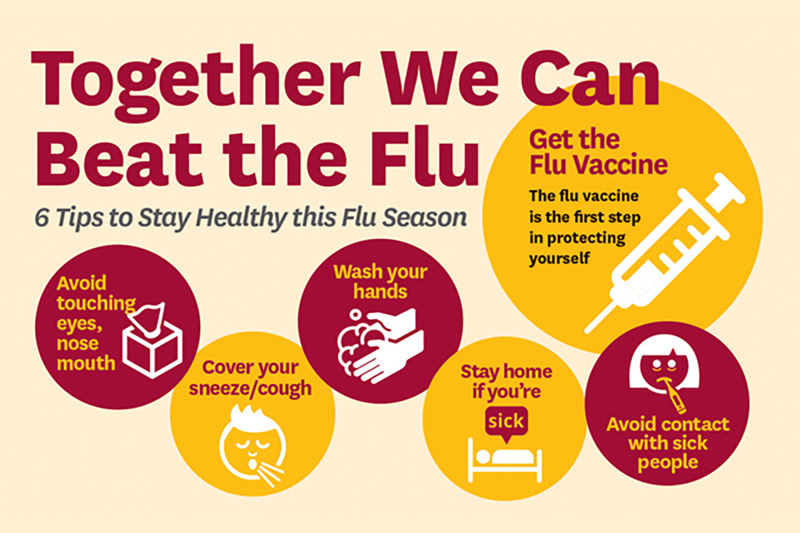Blog Content

How to Prevent the Flu
How to Prevent the Flu
If you don’t make an effort to prevent it, odds are that you’ll catch the flu this season.
For most of us it means a couple of weeks out of work or school, then life goes back to normal. But the flu can be serious, even deadly, if you have a health condition like asthma, heart disease, diabetes, or a weakened immune system.
The trick is not to get sick in the first place. Here are proven ways to avoid the flu.
Get Vaccinated
Experts say the single best way to avoid the flu is to get the flu shot as soon as you can. The ideal time is early fall. But any time during the winter is fine if you haven't already done it.
The vaccine is designed to protect against the flu strains health experts believe will be most widespread each season -- for example, the H1N1 "swine flu." Some vaccines work against three flu strains -- you might hear them called trivalent. Others guard against four strains -- doctors will call them quadrivalent.
Know the Vaccine Types
The flu "shot" contains a dead virus. One kind that’s approved for people 6 months and older goes straight into the muscle. Another uses a smaller needle that only goes into the top layer of your skin. It's available for people ages 18 to 64.
The nasal spray, FluMist, contains a live but weakened form of the virus. It's approved for those between ages 2 and 49 who are healthy, not allergic to the flu vaccine, and not pregnant. It will again be recommended for the 2018-19 flu season.
Egg-free vaccines are for people between ages 18 and 49 who have severe egg allergies. If your allergy is severe, you should get the flu shot from a doctor who can treat a severe allergic reaction -- either at your doctor's office, a hospital, a clinic, or a health department. Many children with egg allergies are at risk for complications from the flu, so it’s important for them to get the flu shot.